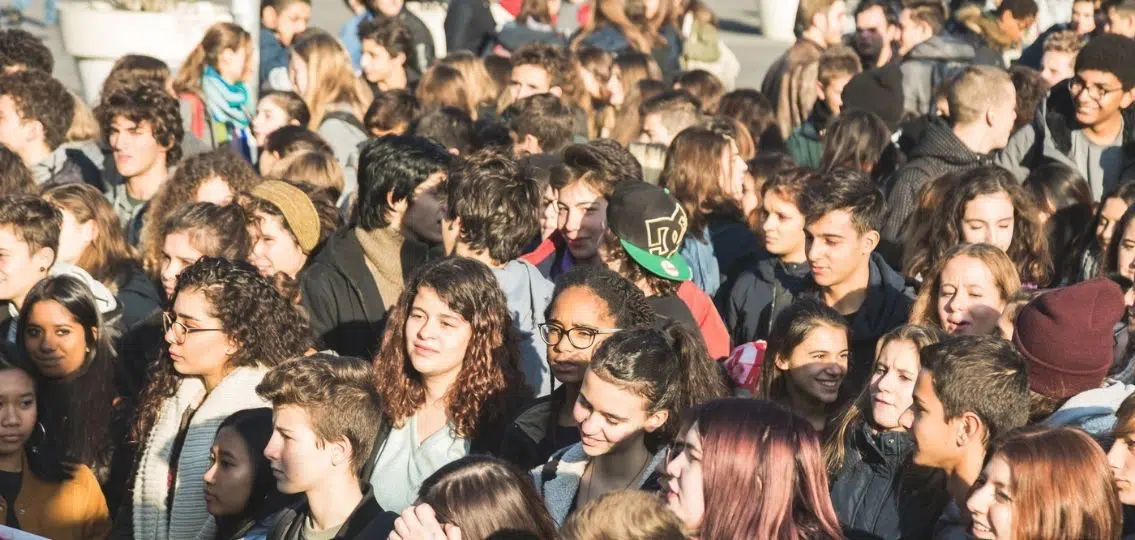Recently I spoke with DeNora Getachew, the CEO of DoSomething.org., the largest not-for-profit exclusively for young people and social change. With a target demographic is 13- to 25-year-olds, DoSomething’s millions of members represent every US area code and 131 countries. Ms. Getachew and I talked about what youth activism looks like today and how adults can understand and support young activists.
Gen Z (Generation Z or Zoomers) members were born in the mid-to-late 1990s through early 2010s. Gen Z is the fastest growing demographic in the United States, and they’re mobilizing for change in ways that are unfamiliar to older generations.
Q: How is youth activism different today?
Getachew: No matter the issue nor political leaning, youth activism looks different today. It ranges from active activism, where they’re in the streets protesting and marching for the change they seek, to digital engagement. Digital activism is what’s new.
These days young people can organize, be in community, and build their coalitions online. This isn’t just tweeting and liking things on the internet. It’s also where they learn about issues and think about how to commit and take that first step of being a civic participant. Digital activism also allows them space to consider other, more traditional, forms of activism.
Young social activists care deeply about causes, and they are committed addressing the root cause of issues. They want the whole truth about the history that led us to where we are today.
It’s important to note that Gen Z is clear that they intend to be the beneficiaries of the change they seek. They’re unapologetic about the fact that they are advocating now for change that will happen soon as opposed to their predecessors who were playing the activism long game, fighting for change their grandchildren would see. That has upsides and downsides; young people would do well to understand the civic process and the processes of democracy, but the power of this moment is that the energy they are bringing for change.
Activism is an important component of democracy, and parents and educators need to teach young people that democracy is a tool they can use to get the change they want on issues they care about. Young people need to know who the decision makers are and how to influence public policy to achieve the long-term change they seek.
Q: What are the top issues young people care about today?
Getachew: Gen Z cares a lot about poverty, homelessness, and hunger. However, DoSomething’s research shows that climate justice and the environment is the biggest social justice issue for Gen Z. Climate justice is the intersectional issue of our time. It has something for everyone. It makes sense that a generation born during the reckoning of global interdependence and intersectionalism would view the world through such a lens.
Q: What’s the next step beyond online activism?
Getachew: Being online is a great starting point to learn and share about causes and activism. But we don’t want them to become “slacktivists,” says Getachew. The next step is laddering them up to reach the decisionmakers—the people in power. Influencing public policy and getting the long-term change they seek requires the letter-writing and the phone calls to people who can effect systemic change.
Q: How can adults support young activists?
Getachew: First, meet young people where they are. Adults can help teens interested in activism by having honest conversations. Ask them what they care about. Why do they care about that issue? What change are they trying to make? Then facilitate their activism by finding a place where they can channel their energy and keep them engaged.
It’s our job to activate them. Give them the tools they need for social impact. They’re ready to do it—we just need to help support and facilitate their participation.
Watch the full interview with Do Something CEO DeNora Getachew:




